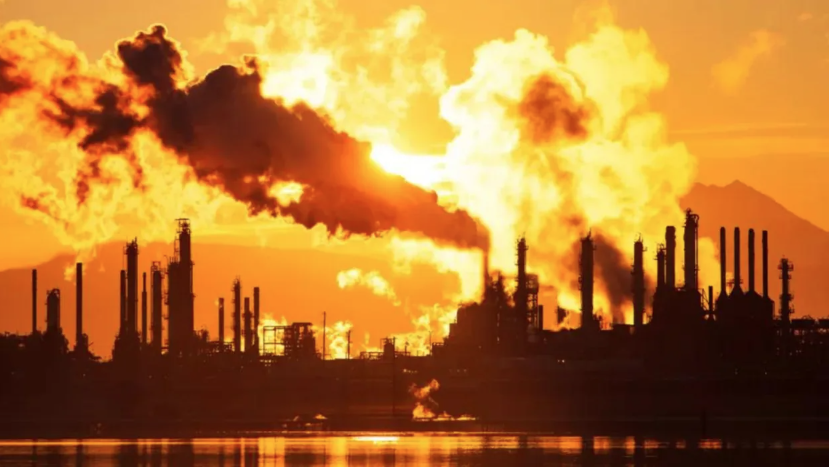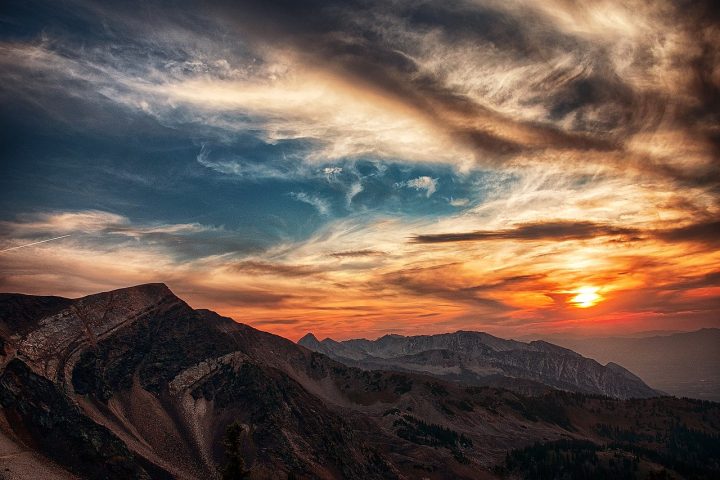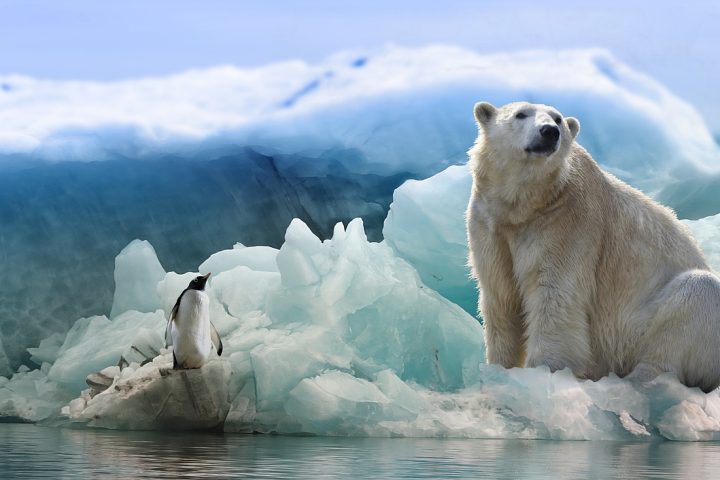Are you afraid of climate change? Are you worried about what kind of world we are bequeathing to our children and grandchildren? To paraphrase David Wallace-Wells, author of The Uninhabitable Earth and author of books on science, “No matter how knowledgeable you are, you are certainly not panicking enough.”
Let’s put it even more forcefully. If you are not frightened by the shattering of our once stable climate, then you do not fully understand the situation we are living in and the impending danger.
The fact is that, as far as we know, and in the natural course of events, our world has never – in its entire history – warmed as fast as it is warming now. Nor have the levels of greenhouse gases in the atmosphere ever increased so rapidly. Think about this for a moment. We are experiencing a period of warming unprecedented in our lifetime, probably in the last 4.6 billion years.
While those working in climate science know the true picture and understand the likely consequences, most of us are not fully aware of it. And that’s a problem, a very big problem. After all, we cannot act effectively to tackle the crisis if we do not know its full depth and scope.
Prof. Bill McGuire, who works in the field of geophysics and climate hazards at University College London, also makes these harsh statements in his article for CNN:
I am terrified of what is happening to our world, but if I shout the brutal, stark truth from the rooftops, will it really inspire you and others to fight for the future of the planet and your children? Or will it make you freeze like a rabbit with a headlamp in its eye and believe that all is lost? This is an absolutely critical question.
With authorities unable or unwilling to act fast enough to reduce emissions as science demands, it is up to climate scientists to enlighten the public and influence public choices. Because big changes are needed to prevent global warming.
But is the burden of reality too heavy to bear?
A major psychological study published in 2021 by the Lancet Planetary Health found that most young people aged 16-25 in 10 countries around the world are moderately to extremely concerned about climate change, but more than half feel overwhelmed and powerless to act. From this perspective, it might seem reasonable to argue that painting an even worse picture won’t work, but if this is the case, and if the climate crisis is so scary, should we not give people the whole truth about it? Absolutely not.
It’s not about scaring people or not scaring people, it’s about informing them. Prof. Bill McGuire said, “As a scientist, it is my duty to tell you what is happening in our world, whether it creates fear or not. Failure to communicate what is happening will mean that the public will remain ignorant of the true scale of the climate crisis, which can only hinder engagement and action.”
Around the world, some politicians and some scientists are labeling anyone who points out the worst possible consequences of global warming as a “doomsayer”, in a way magnifying the problem. This kind of “appeasement” and “you’re exaggerating too much” is increasingly turning into denial, causing more inertia than fear, as it underestimates the magnitude of the problem and the urgency of taking action against the inevitable consequences.
The truth is that if people know that there is still hope and that they can do something to make things better, or at least to stop things from getting worse, they can stop being afraid, break through inertia and take action.
Anxiety became a trigger for action
A study conducted in 2022 by researchers from the University of Bath in the UK found that frightening images of wildfires and other climate-related disasters around the world were particularly effective in increasing climate anxiety, defined by the American Psychological Association as the chronic fear of environmental catastrophe. But rather than leading to inaction, the study reported that the picture turned into a motivating force that encouraged the sample of UK adults to take measures to help reduce emissions.
The authors of the study observed that the reality of climate change needs to be communicated without creating a sense of hopelessness and that this is the key.
One way to do this can be to encourage collective action. Many people may feel that they are alone in this or that they cannot make a significant difference as individuals. It is always useful to join a group of like-minded people and work with them to drive institutional and systemic change. This can create a situation where hope replaces despair and inertia replaces inertia.
After all, many things in life are scary or worrying, from going to the dentist to recognizing a potential sign of cancer, but ignoring them almost always leads to something much worse happening.
“Climate change is no different,” Prof. Bill McGuire concludes:
“Everyone needs facts and truths – scary or not – to enable them to act based on the reality of what we are doing to our planet, not on an incomplete or even outdated narrative. I believe this can be transformative rather than leading to inaction.”





